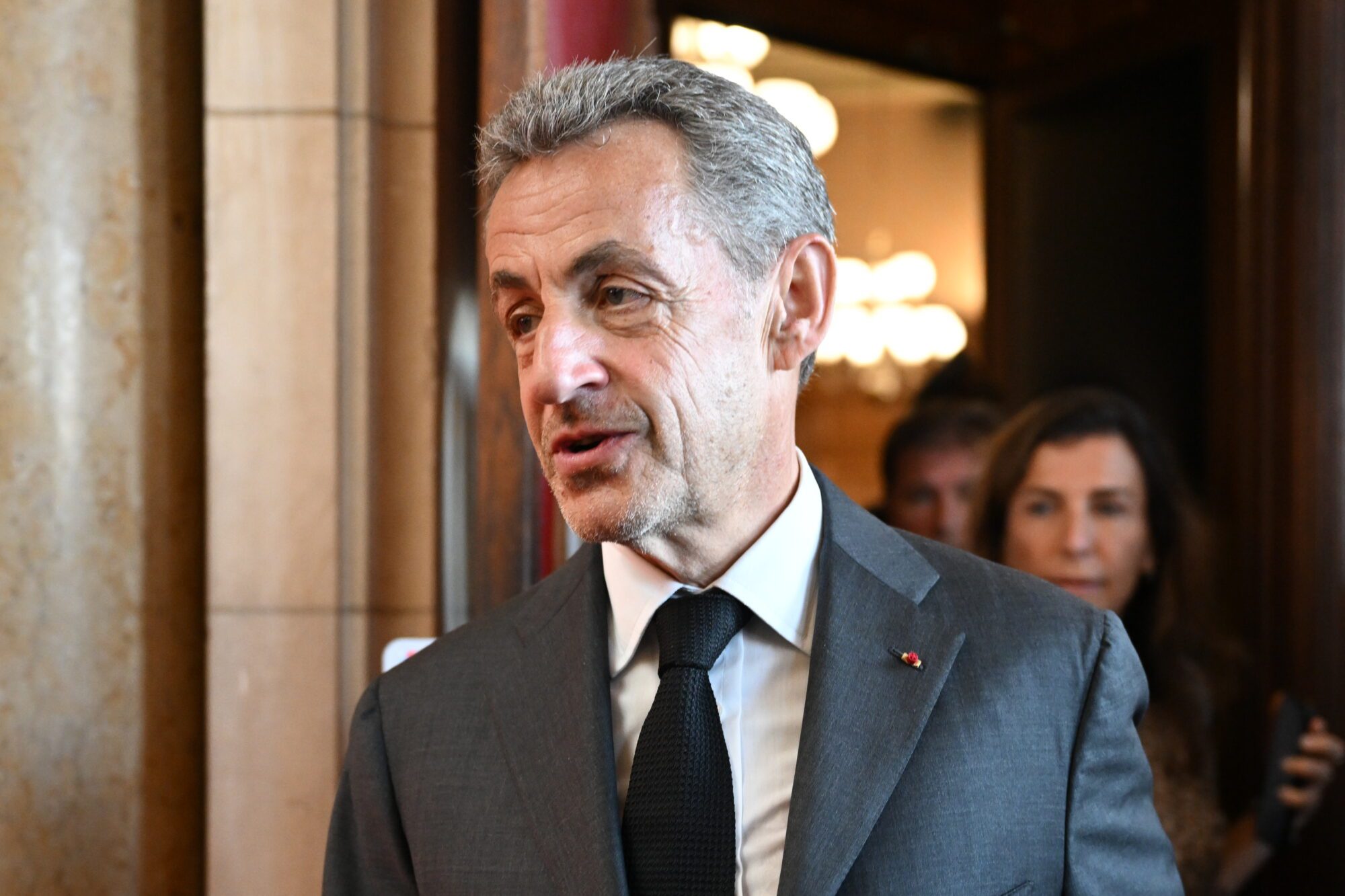
Former French President Nicolas Sarkozy
On the occasion of the publication of his memoirs, former French President Nicolas Sarkozy has just given a lengthy interview to the press, in which he comes out in favour of Ukraine’s neutrality and maintaining dialogue with Russia, prompting a number of outraged statements from the French political class.
His memoirs, entitled Le Temps des combats, will be in bookshops on August 22nd. To coincide with their publication, Nicolas Sarkozy, French president from 2007 to 2012, spoke to Le Figaro for an exclusive interview in which he looked back on his years ast the head of France and on the national and international situation today.
In the interview, the journalist draws a parallel between the Ukrainian conflict and the tensions between Russia and Georgia that Sarkozy faced in 2008. In his view, history is repeating itself for deep-seated reasons rooted in differences in civilisation: “The Russians are Slavs. They are different from us. Discussions are always difficult and have given rise to many misunderstandings in our shared history,” Sarkozy explained. For him, it is ann ontological difference that does not exclude the need to maintain ties: “We need the Russians and they need us,” he added.
In 2008, Nicolas Sarkozy boasted of keeping Vladimir Putin’s appetites within reasonable bounds. In his view, this was managed by respecting Vladimir Putin’s ‘red lines’: “With Angela Merkel, we showed him that we were aware of his red lines. That’s why we refused to allow Ukraine and Georgia to join NATO, despite strong pressure from the U.S.,” he said.
Today, the former centre-right president of the Republic maintains that continuing dialogue with Vladimir Putin is essential and possible. Under these conditions, he condemns the West’s “stubbornness,” in flagrant contradiction to a military commitment that is not officially assumed: “We can’t stick to the strange idea of ‘making war without actually waging it’,” he said.
His position on the current state of the conflict contrasts with the line defended by the current French President Emmanuel Macron and his European counterparts. Nicolas Sarkozy believes that the annexation of Crimea in 2014, under admittedly questionable conditions, is a fact that must now be reckoned with:
I think that any return to the past is illusory; even if I believe that an indisputable referendum, i.e., one organised under the strict control of the international community, will be necessary to ratify the current state of affairs.
Nor does Sarkozy rule out the need for internationally supervised referendums for the four districts annexed by the Russians since the start of the war—if the military situation fails to change the balance of power.
But it is on the issue of Ukraine’s international position that Nicolas Sarkozy stood out most radically. He came out resolutely in favour of Ukrainian neutrality—leaning toward neither NATO nor the EU—maintaining Ukrainian’s historic vocation as a ‘bridge’ between Europe and Russia. Sarkozy criticised the “false promises” made to the war-torn country—similar to those that have lulled Turkey for decades into believing that it could one day become part of Europe—and advocated “realism.” Ukraine “must remain a neutral country. I don’t see how this neutrality would be an insult,” said the French politician.
Nicolas Sarkozy’s comments sparked outrage among a large section of the French political class. A violent attack on him came from ecologist MEP Julien Bayou, who denounced the interview as “lunacy and shocking,” even accusing the former president of having become “a Russian influencer.”
Renew MEP Nathalie Loiseau deplored on X “the dependence of part of the European political class on the views of Vladimir Putin,” while her Belgian colleague Guy Verhofstadt wondered whether we should “laugh or cry” at Nicolas Sarkozy’s statements. Nicolas Sarkozy’s former adviser Jérôme Poirot, who knows him well—having worked with him on intelligence issues at the Élysée Palace—disassociated himself from his former boss, describing his comments as “shameful.”
Unsurprisingly, an outright condemnation of Nicolas Sarkozy’s interview also came from Ukraine, which categorically rejects the possibility of a referendum. President Volodymyr Zelensky’s adviser Mykhailo Podolyak denounced Nicolas Sarkozy’s “criminal logic,” and even accused him of “direct complicity,” reports AFP.
